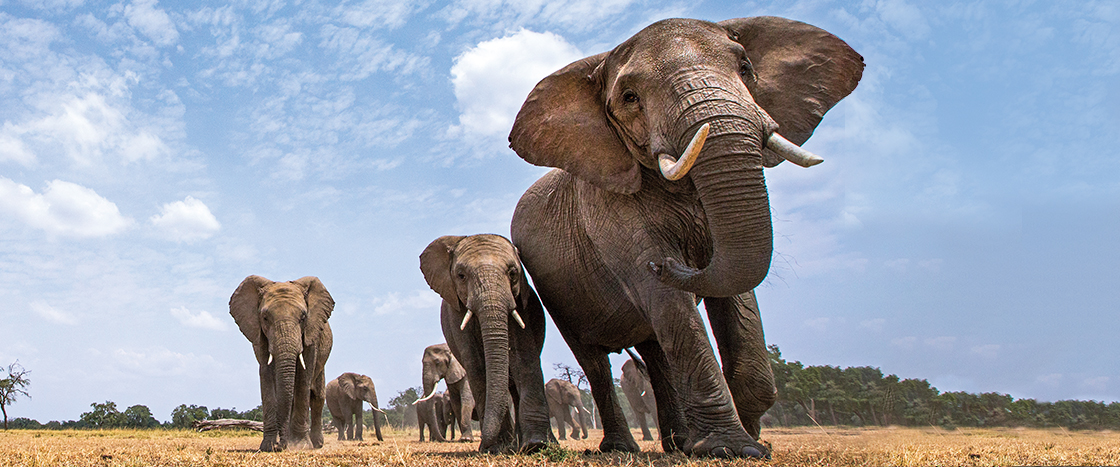This month, Americans will choose leaders in government, including the president. In the U.S., elected leaders make decisions that affect the country’s people. There are leaders outside government too—from your school’s principal to the coach of your sports team.
But leaders don’t just exist in human society. All kinds of animals live in groups, from bees to elephants. Group life helps animals defend against predators, hunt, and share food. Sometimes, groups of animals make decisions together (see Group Decisions, below). Other times, animal groups have leaders that call the shots, such as where to travel to find food.
Scientists have been studying animal leadership for decades. Their research sheds light on how human societies evolved and how groups of people make decisions today. “It’s interesting to see the different ways that animals solve the same problem,” says Robin Morrison, a researcher at the Dian Fossey Gorilla Fund in Rwanda. “How can they survive in a group?”
Americans will choose government leaders this month. That includes the president. These elected leaders make decisions. Those choices affect the country’s people. There are leaders outside government too. Your school’s principal is a leader. The coach of a sports team is also a leader.
But leaders don’t just exist in our society. All kinds of animals live in groups, from bees to elephants. Group life can help these creatures. It allows them to better defend against predators. They can hunt together and share food. Sometimes, group members weigh in on decisions (see Group Decisions, below). Other times, leaders call the shots, such as where travel to find food.
Scientists have been studying animal leadership for a long time. Their research sheds light on how human societies evolved. That helps scientists learn more about how groups of people make decisions today. “It’s interesting to see the different ways that animals solve the same problem,” says Robin Morrison. She’s a scientist. She works at the Dian Fossey Gorilla Fund in Rwanda.

